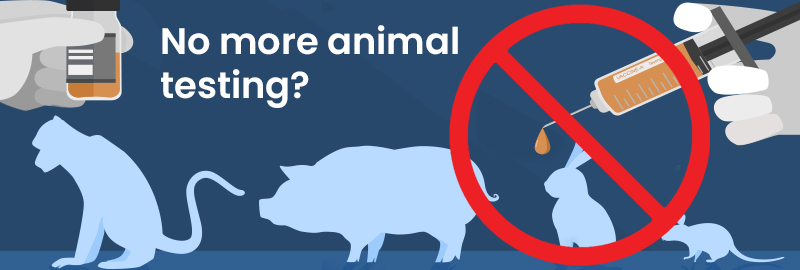The US FDA no longer requires animal testing for drug approval. For over 80 years, the FDA has required extensive animal testing to approve drugs before being brought to the public market. In late December 2022, Joe Biden signed into law the Consolidated Appropriation Act that eliminated the need for animal testing before a drug is tested in human clinical trials.
Previously, the FDA required that for a drug to be approved, toxicity testing in one rodent model, such as a mouse or rat, and one non-rodent model that typically includes a primate or canine animal model be extensively conducted. The landmark decision was initially brought about through extensive lobbying by a non-profit animal welfare organization, the Humane Economy, who was a key driver in the bill’s approval.
The decision was made due to advances in computer modeling and the development of “organ chips.” These chips allow for the microfluidic flow of the drug being tested over cells derived from essential organs (liver, kidneys, and lung), mimicking physiological conditions of blood flowing through the organ and allowing for toxicity testing that is usually conducted in an animal model. Other animal alternatives include #organoids that are either grown or 3D printed on cellular scaffolds to mimic a variety of tissues and allow for vascularization that more closely resembles a living system’s organ.
However, there is pushback in the scientific community, with key scientific leaders expressing concern about the technology’s infancy and over the new technologies not being able to capture other adverse events of the drug that animals’ models can, such as damage to intestines, pancreas, or the brain.
Visit us at Axxiem.com
